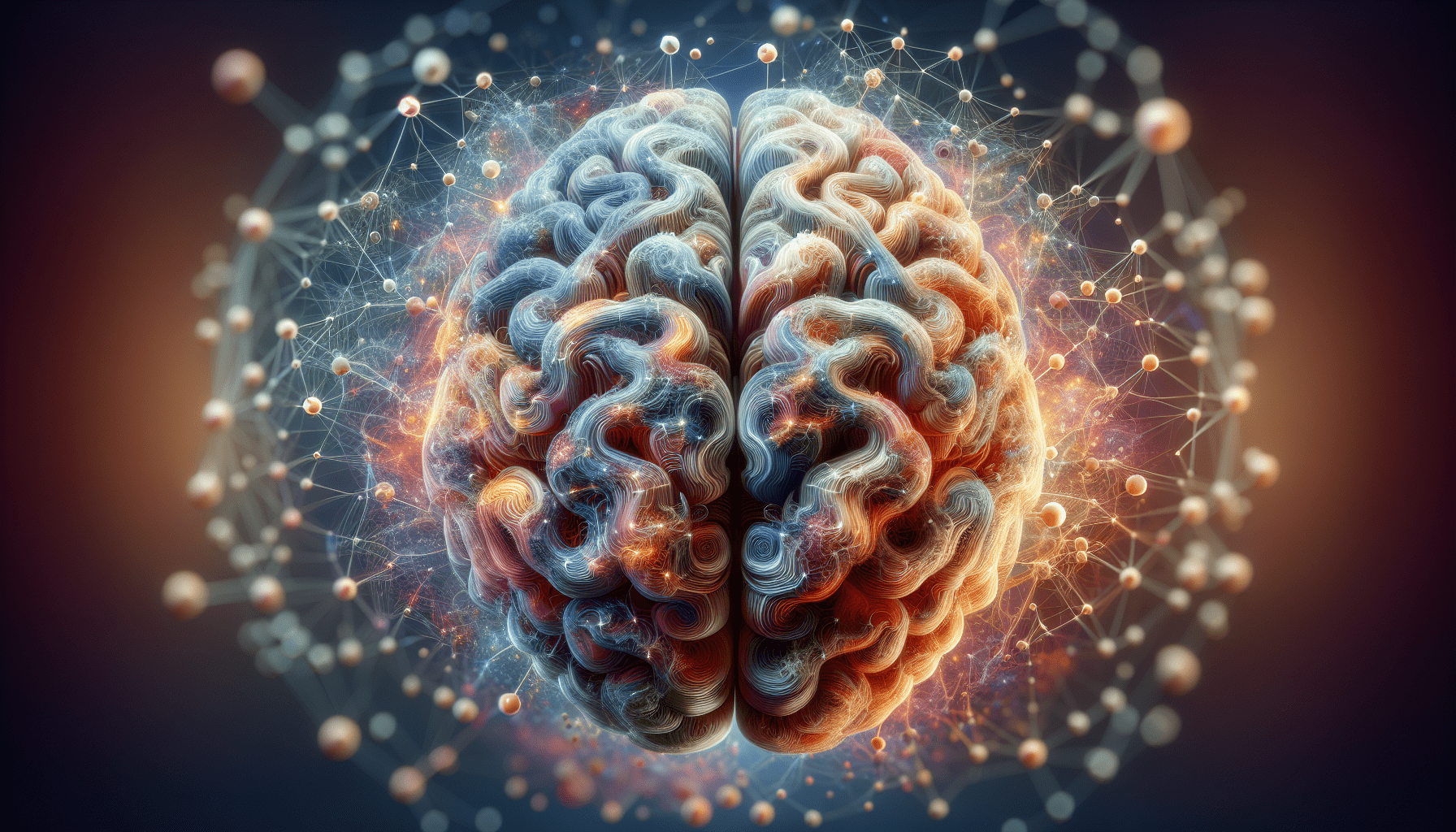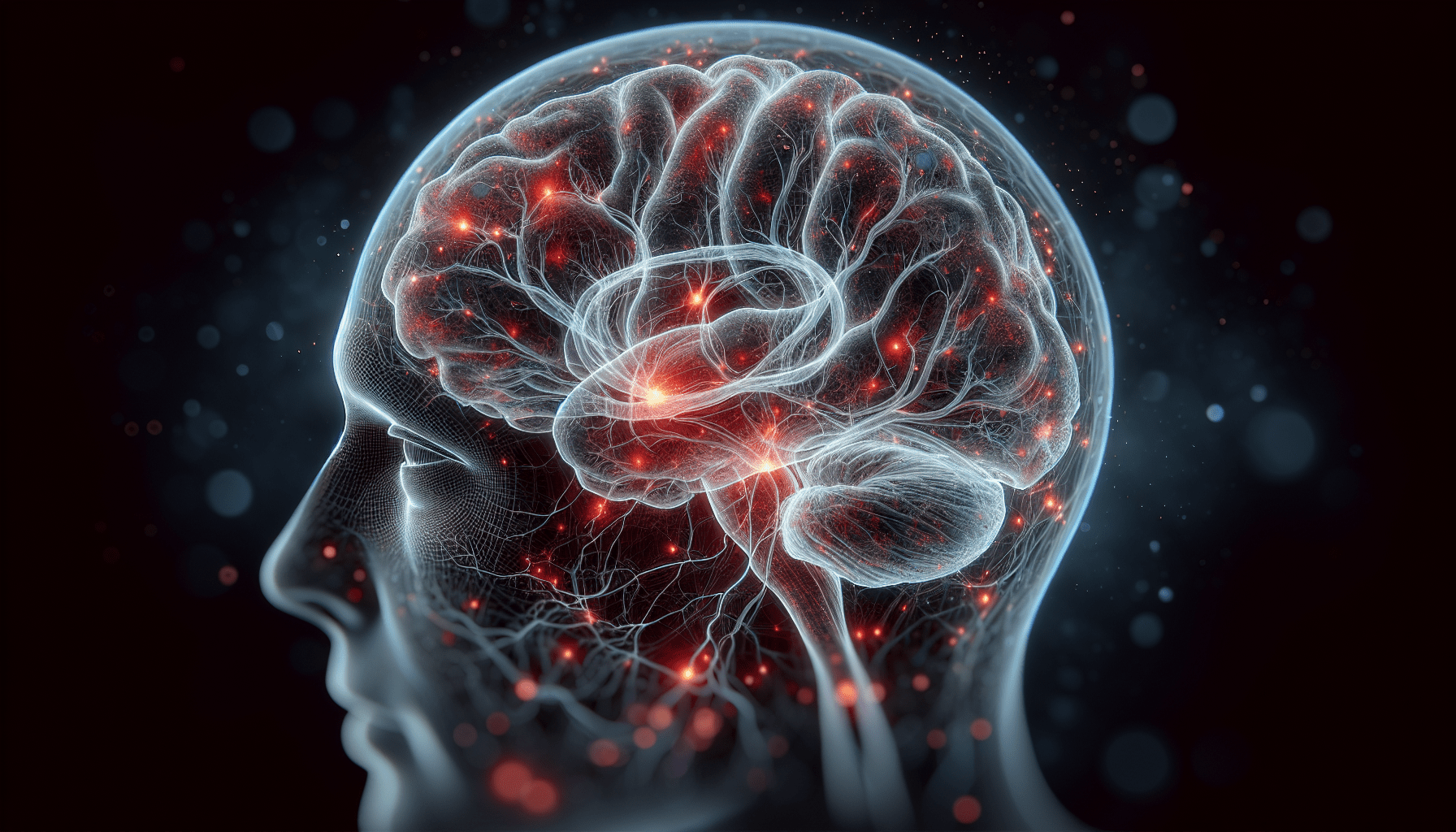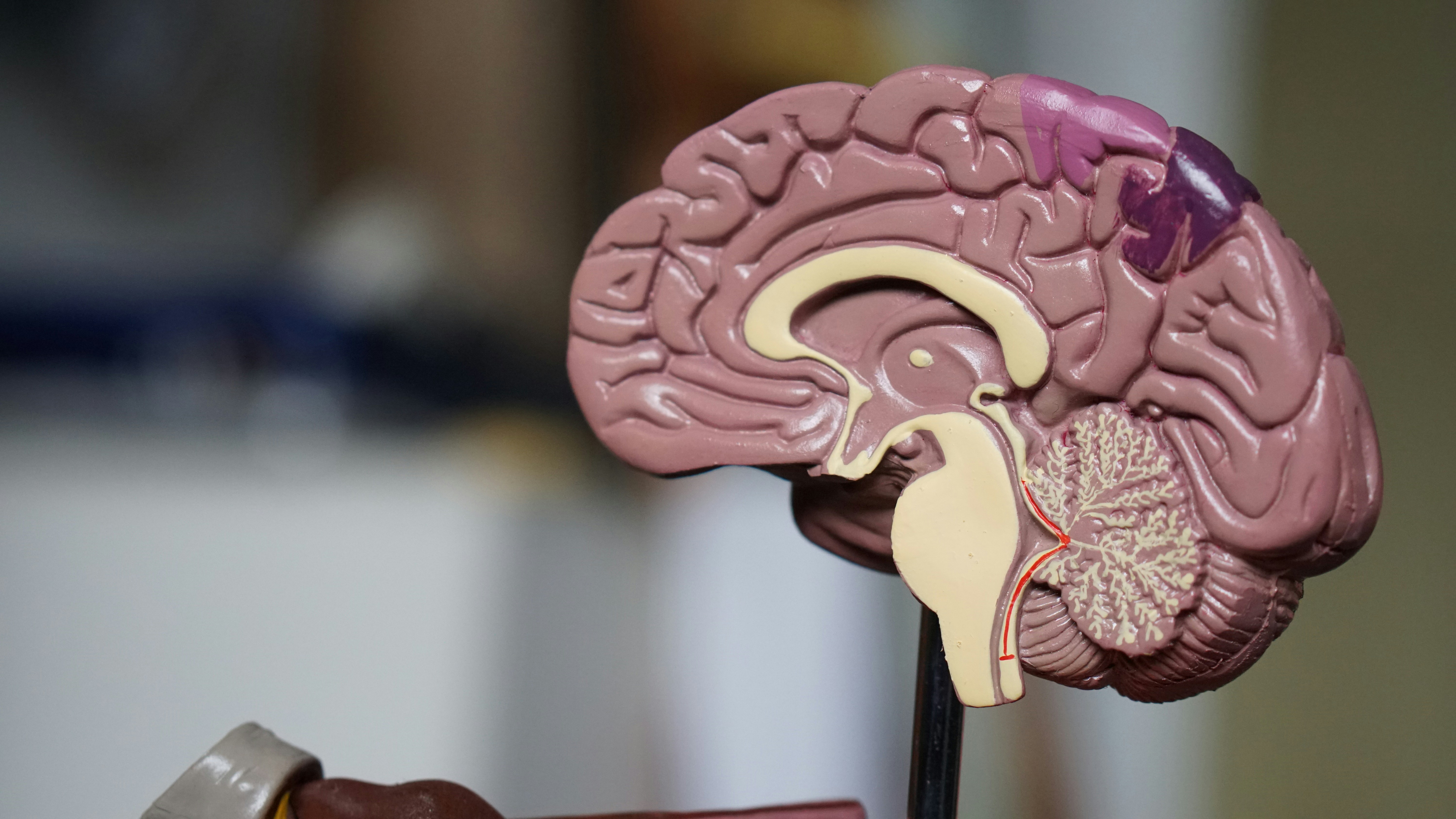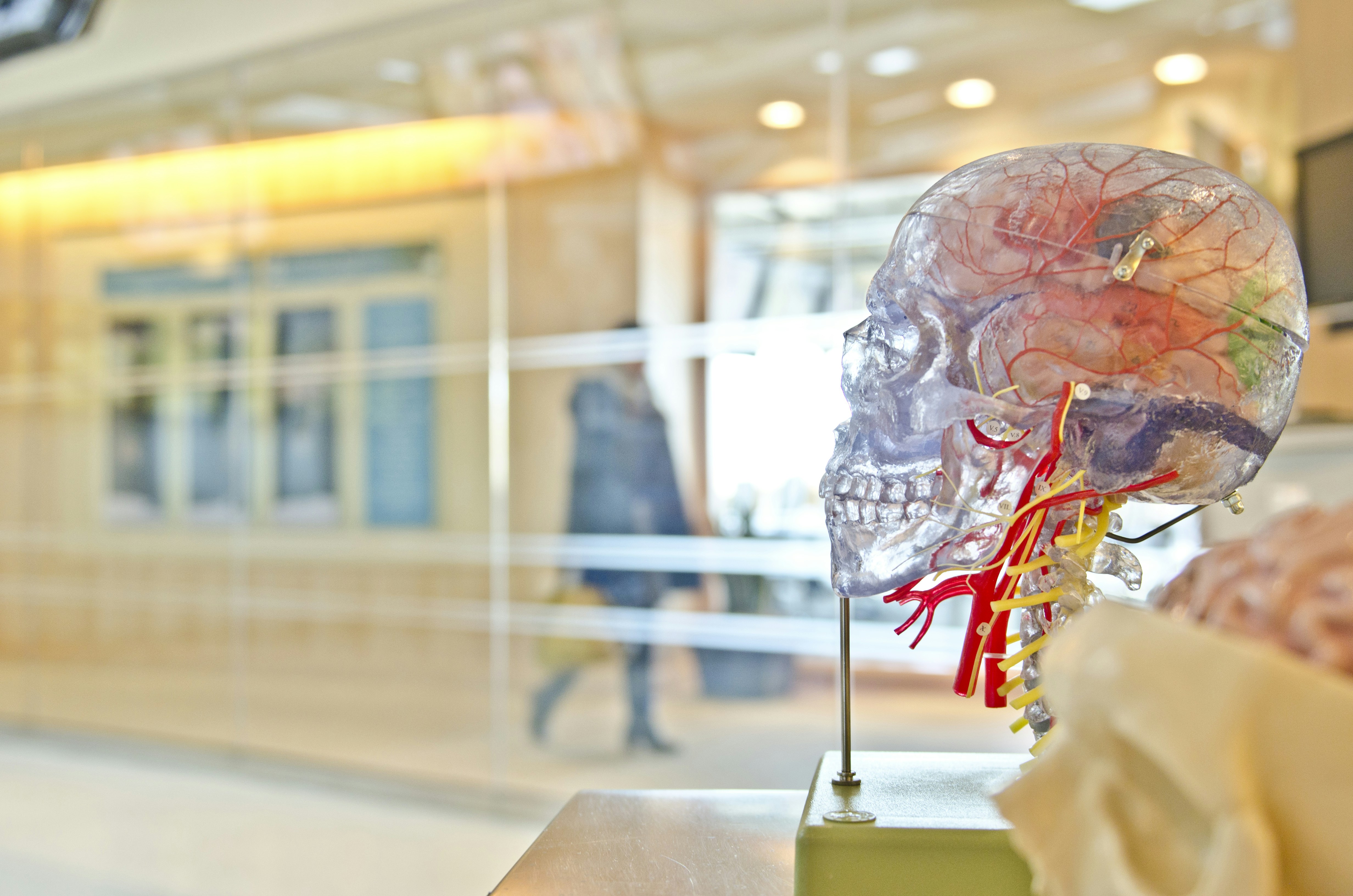Do you find yourself curious about the connection between cognitive decline and traumatic brain injury (TBI)? It’s an intriguing topic that invites a deeper understanding of how our brains work and how they can be impacted by injuries. In this exploration, we'll uncover the intricate relationship between TBI and cognitive decline, understanding not only how they are linked but also what it means for those affected.
Understanding Traumatic Brain Injury
What is Traumatic Brain Injury?
A traumatic brain injury occurs when an external force injures the brain. This can be the result of falls, car accidents, sports injuries, or assaults. The severity of TBI can range from a mild concussion to severe brain damage. A TBI can cause a wide range of functional short- or long-term changes affecting thinking, sensation, language, or emotions.
Symptoms of TBI
The symptoms of a TBI vary depending on the severity of the injury. In mild cases, symptoms may include headaches, confusion, lightheadedness, dizziness, blurred vision, and fatigue. In more severe cases, there may be persistent headaches, repeated vomiting or nausea, seizures, inability to awaken from sleep, and loss of coordination.
Types of TBI
There are primarily three types of traumatic brain injuries:
-
Concussions: These are the most common kind of TBI. They are often caused by a blow to the head and can result in temporary loss of normal brain function.
-
Contusions: A contusion is a bruise on the brain, often arising from a direct impact to the head.
-
Penetrating Injuries: These are far less common and occur when an object penetrates the skull and enters the brain.
Each type has its own implications and potential for causing cognitive decline.
Cognitive Decline: An Overview
Defining Cognitive Decline
Cognitive decline refers to a reduction in cognitive abilities, including memory, decision-making, attention, and language abilities. It can be a natural part of aging but may also result from disease or injury.
Symptoms of Cognitive Decline
Cognitive decline can manifest in several ways, including forgetting appointments, losing track of belongings, difficulty understanding spatial directions, making poor decisions, and experiencing language or attention difficulties. It can significantly impact daily life and overall well-being.
Causes of Cognitive Decline
While aging is a primary cause, cognitive decline can occur due to genetics, lifestyle factors, sedentary habits, poor diet, and, significantly, due to brain injuries such as TBI.
The Connection Between TBI and Cognitive Decline
How TBI Affects Cognitive Function
The brain is an intricate network of neurons and connections that facilitate every function we perform, from breathing to remembering a loved one's face. A TBI disrupts these connections, often damaging brain cells and leading to inflammation and cell death. Such damage may result in temporary or permanent difficulties in understanding, processing information, and communicating.
Immediate vs. Long-term Effects
Immediate effects of TBI on cognition can include confusion, memory loss, difficulty concentrating, and impaired judgment. Over time, those with a history of TBI may experience more pronounced cognitive decline, potentially leading to disorders like dementia.
Research and Studies
Numerous studies support the link between TBI and cognitive decline. Research shows that individuals who have sustained a TBI are at higher risk for developing Alzheimer's disease and other forms of dementia. This increased risk is due to the long-lasting damage TBIs can inflict on neural pathways and brain cells.
Case Studies
For a more practical perspective, consider documented cases of individuals with a history of TBI, such as some former athletes or veterans, who later exhibit signs of severe cognitive decline. Their experiences amplify the data and emphasize the need for understanding this connection for better prognosis and care.
Preventative Strategies and Treatments
Immediate Treatment and Care Post-TBI
The immediate treatment of a TBI is crucial for reducing long-term cognitive effects. This can include medications to reduce swelling, surgery to repair damage, and therapies to address symptoms.
Long-term Cognitive Rehabilitation
Cognitive rehabilitation programs aim to help individuals return to their highest level of cognitive functioning. These programs are tailored to the individual's specific needs and often include exercises to improve brain function, memory strategies, and ways to enhance organizational skills.
Encouraging Brain Health
Promoting brain health can help mitigate the effects of TBI on cognitive decline. Engaging in regular physical exercise, maintaining a balanced diet rich in omega-3 fatty acids and antioxidants, and participating in mental challenges like puzzles or learning new skills can strengthen brain resilience.
Monitoring and Support
Regular monitoring of cognitive function for individuals who have experienced TBI is vital. This can involve comprehensive assessments by neurologists and psychologists to track changes and adapt treatment plans accordingly.

Personal Stories
A Journey of Resilience
Hearing personal stories from individuals who have undertaken the journey of TBI recovery can offer encouragement and insights. Many share how they managed to regain a significant portion of their cognitive function through determination, rehabilitation, and lifestyle changes. Such narratives can empower others facing similar challenges, showing the potential for recovery and adaptation.
The Role of Caregivers
Supporting Those Affected
Caregivers play a crucial role in the recovery and maintenance of cognitive health in individuals with TBI. They offer practical support, emotional encouragement, and assistance in managing daily tasks. Understanding the link between TBI and cognitive decline allows caregivers to provide more effective support.
Education and Resources
Providing caregivers with proper education and resources is essential. Workshops, support groups, and counseling can equip caregivers with tools to better manage the challenges faced by those with TBI-derived cognitive decline.
Future Directions in Research and Treatment
Advances in Medical Research
As research progresses, new treatments and interventions continue to emerge. Advanced neuroimaging techniques can provide clearer insights into brain injuries, while innovations in drug development aim to address the neurological damage caused by TBI.
Technological Innovations
Technology offers promising avenues for treatment, such as virtual reality applications for rehabilitation, apps for cognitive games, and wearable devices to monitor neurological health. These tools might soon become part of the standard care for TBI patients.
Conclusion
The link between cognitive decline and traumatic brain injury is profound, with significant implications for those affected. Understanding this connection is key to providing effective treatment and support. By increasing awareness, encouraging proactive care, and pioneering research, we can pave the way for improved quality of life for individuals impacted by TBI and cognitive decline. Recognizing the challenges they face, we can offer hope and empowerment in their journey toward recovery.




